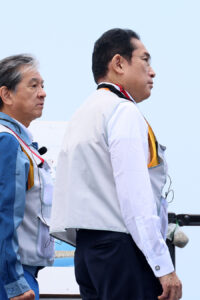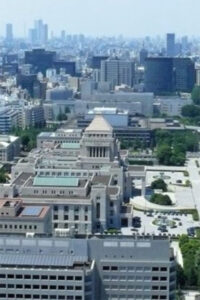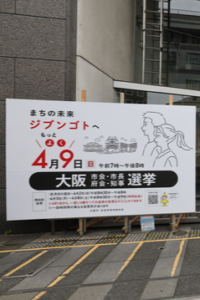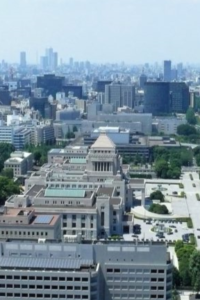
Oguma Eiji, Faculty of Policy Management, Keio University What is “liberal”? Even in Europe and America, there is no agreed-upon definition. In terms of economic and social policies, it is sometimes used in Western Europe to mean “laissez-faire,” but in the United States it is also used to mean large government spending.[1] “Liberal” has different meanings depending on the history and political context of the country. So what is “liberal” in postwar Japan? How does it relate to security policy, which has been the main axis of conflict in Japanese party politics from the postwar period to the present, and to pacifism, which was enshrined in the postwar constitution? This paper examines these two questions against the historical background of postwar Japan. This paper has four parts. First, I will review the historical evolution of the term “liberal” in Japanese political coverage. Second, ... ... [Read more]








